India's mfg PMI down to 48.4 in July due to power cuts and raw material shortages: HSBC survey
Updated: Aug 05, 2013 02:46:25pm

The contraction in business activity across the Indian private sector is the first since April 2009.
Manufacturers and service providers both recorded lower output levels, amid evidence of falling new business and a difficult economic climate.
Meanwhile, the services sector, which accounts for around 60 per cent of India's GDP, also witnessed fall.
The seasonally adjusted HSBC Services Business Activity Index in July fell to 47.9, down from 51.7 in June.
“Down from 51.7 in June to 47.9 in July, the seasonally adjusted HSBC Services Business Activity Index registered below the 50.0 no-change mark for the first time since October 2011 and was consistent with a moderate contraction, said the survey report.
Sector data indicated that the Transport and Storage and Renting and Business Activities sub-sectors were the main drivers of the overall decline,” it added.
Also, new orders received by private sector companies in India fell in July, amid reports of an increasingly fragile economy.
Manufacturing and services companies both signalled lower volumes of incoming new work, with the rate of contraction faster in services, the report added..
“Nevertheless, backlogs of work across the Indian private sector rose in July. Manufacturing companies indicated that unfinished business levels were accumulated as a result of power cuts and raw material shortages at suppliers, while service providers commented on delayed payment from clients,” the survey added.
Commenting on the India Services PMI survey, Leif Eskesen, Chief Economist for India and ASEAN at HSBC said, “Activity in the service sector contracted in July led by a drop in new business, which also led to a decline in optimism among the surveyed companies. Meanwhile, inflation gauges softened on the back of weaker demand and tough competition. While the RBI has to cater to the currency at the moment, it will eventually need to cater more to growth as economic activity continues to soften.”
Staffing levels increased for the seventeenth consecutive month in July, with companies citing increased business requirements, the report said.
Employment growth was broad-based with manufacturing and services firms both signalling job creation. The overall rate of increase was, however, modest.
On the issue of price rise, the survey said inflation gauges softened on the back of weaker demand and tough competition.
Whereas the rate of charge inflation in the manufacturing sector accelerated to the quickest since February, prices charged by service providers rose at the slowest pace in the current 33-month inflationary sequence.
“Input cost inflation across the private sector economy picked up to the sharpest in five months. Manufacturing firms recorded the strongest rise in purchase prices for ten months, but in the service sector, input cost inflation eased to the slowest in over three-and-a-half years. Where input costs rose, service providers reported higher prices paid for fuel, labour and raw materials,” said the report.
Service providers continued to signal an optimistic outlook with regard to activity in 12 months’ time, albeit to the lowest degree in ten months. Panel members suggested that price discounting will be offered in an attempt to attract new business and that marketing is projected to increase. A number of firms were, however, concerned about current economic conditions and the underlying health of the Indian economy, the report added. (KNN/SD)

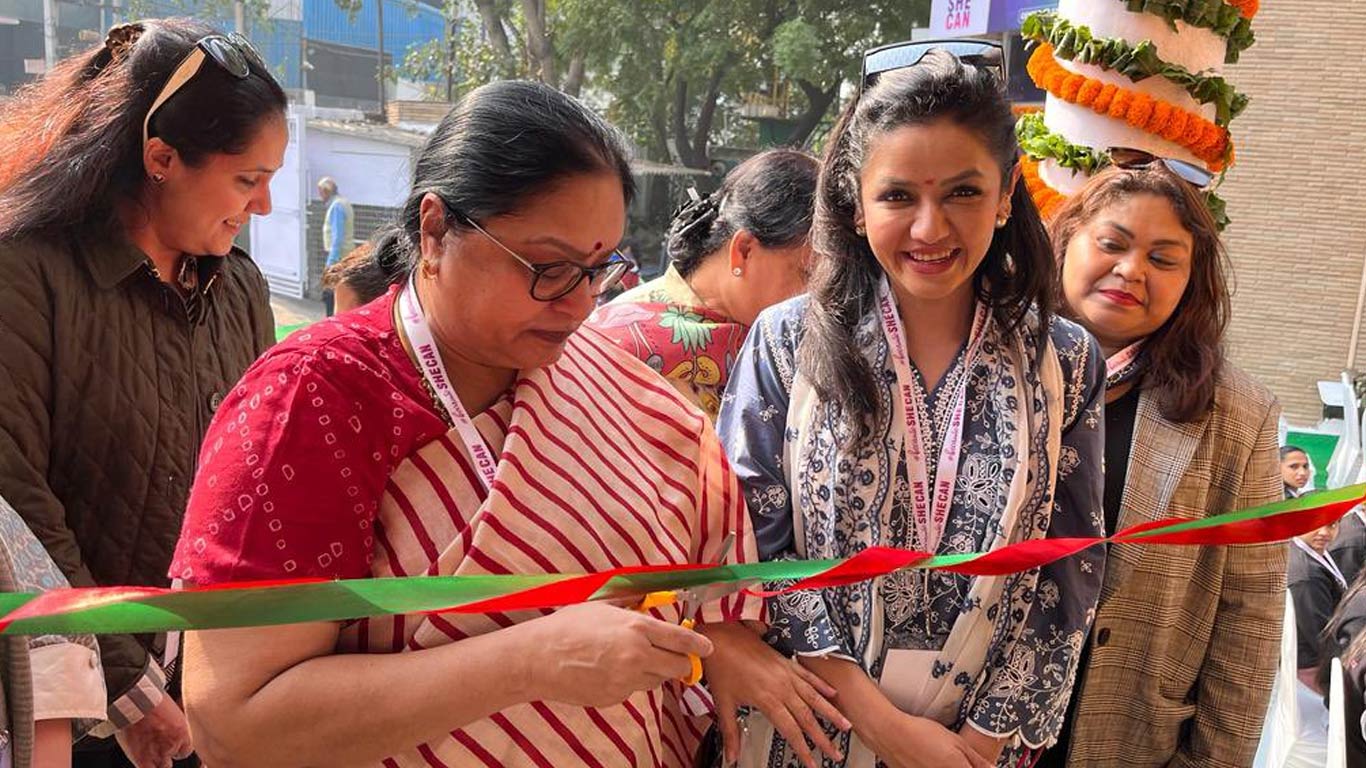
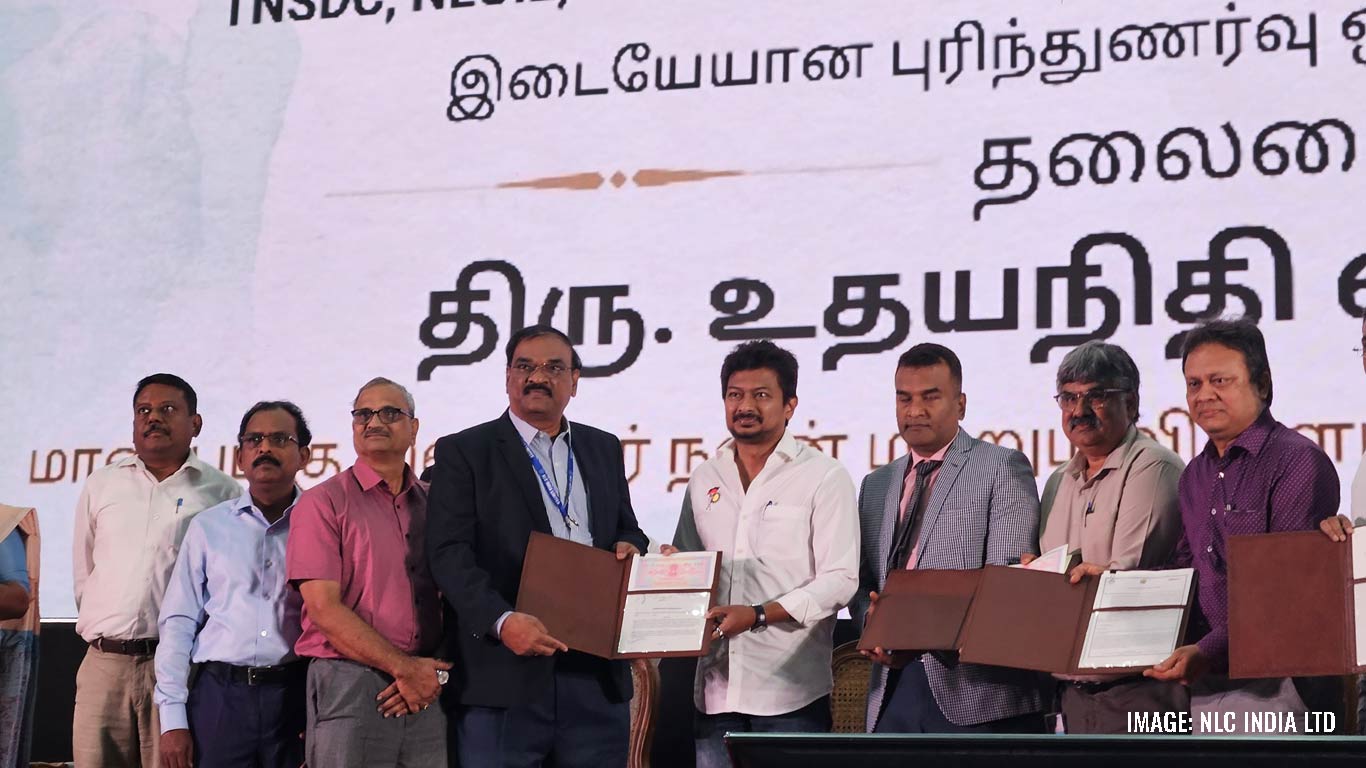
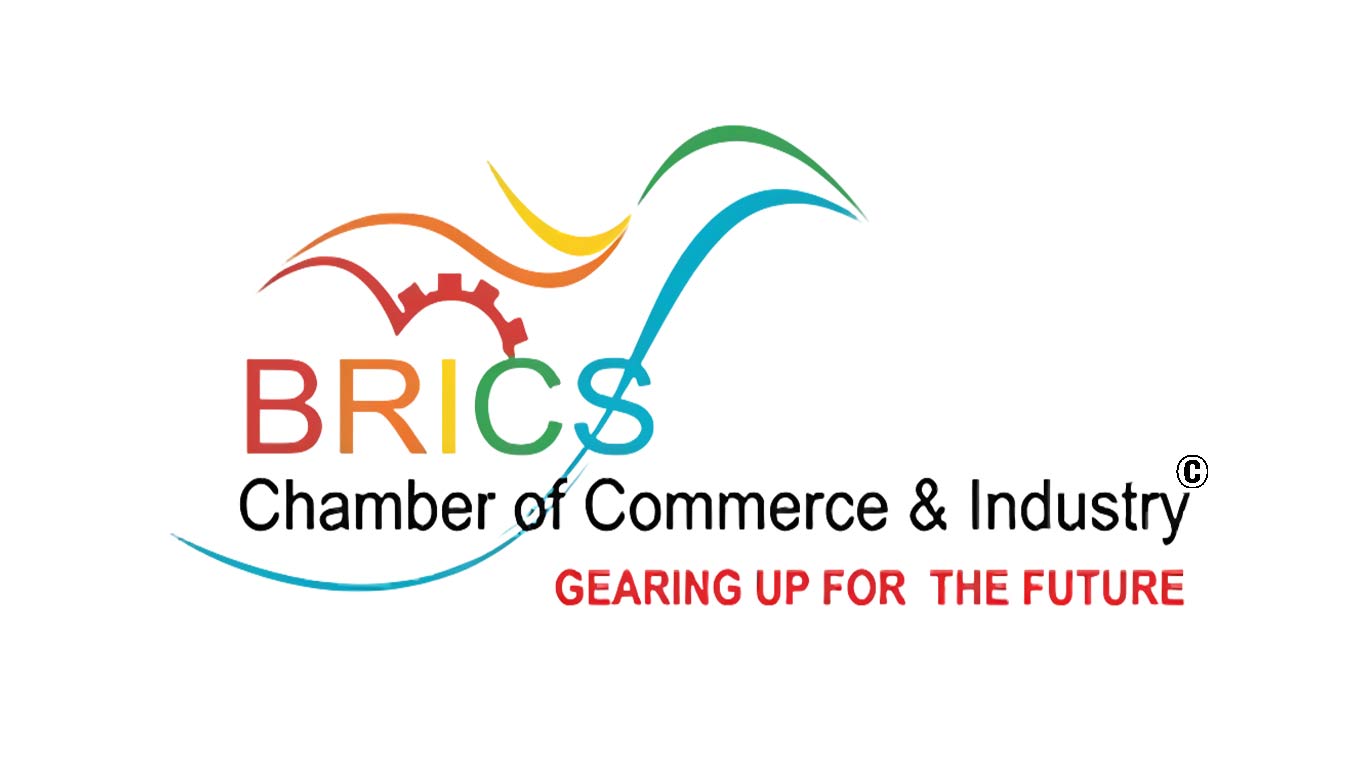
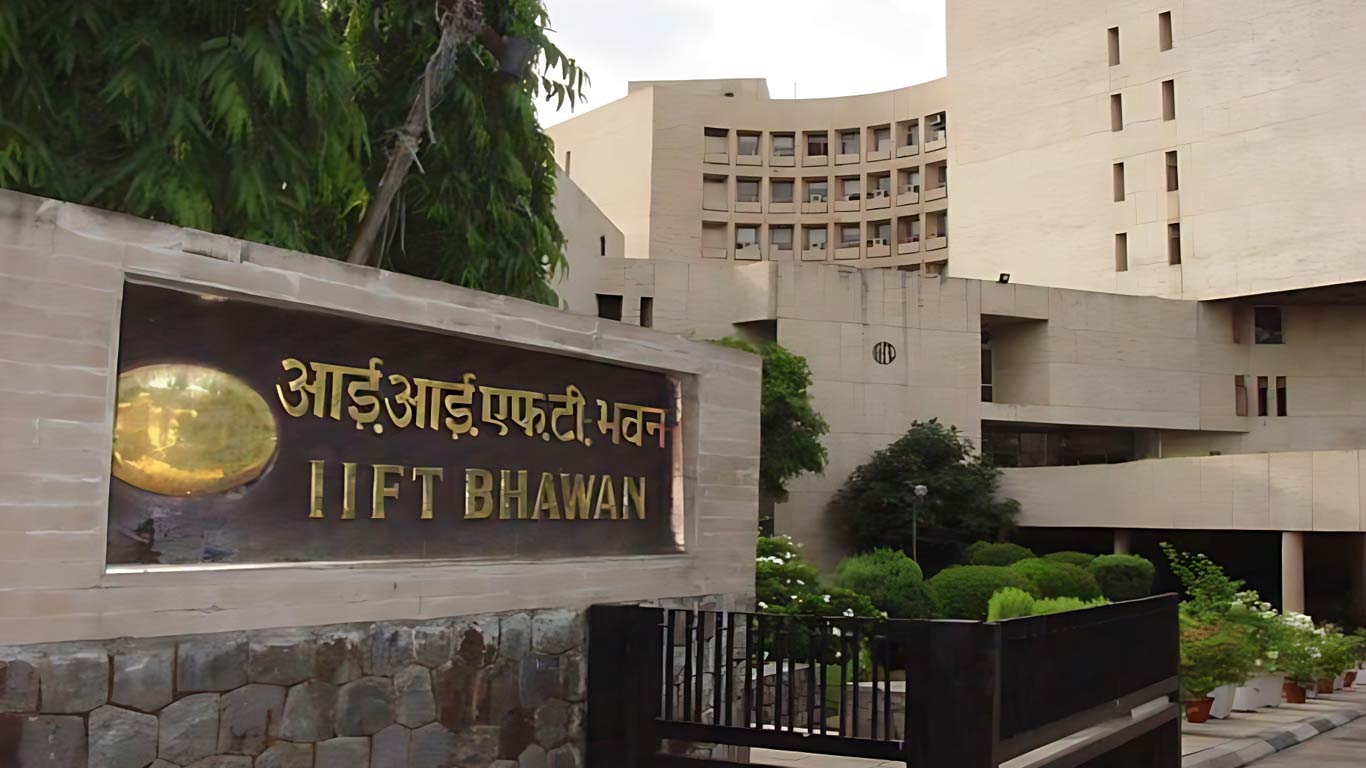
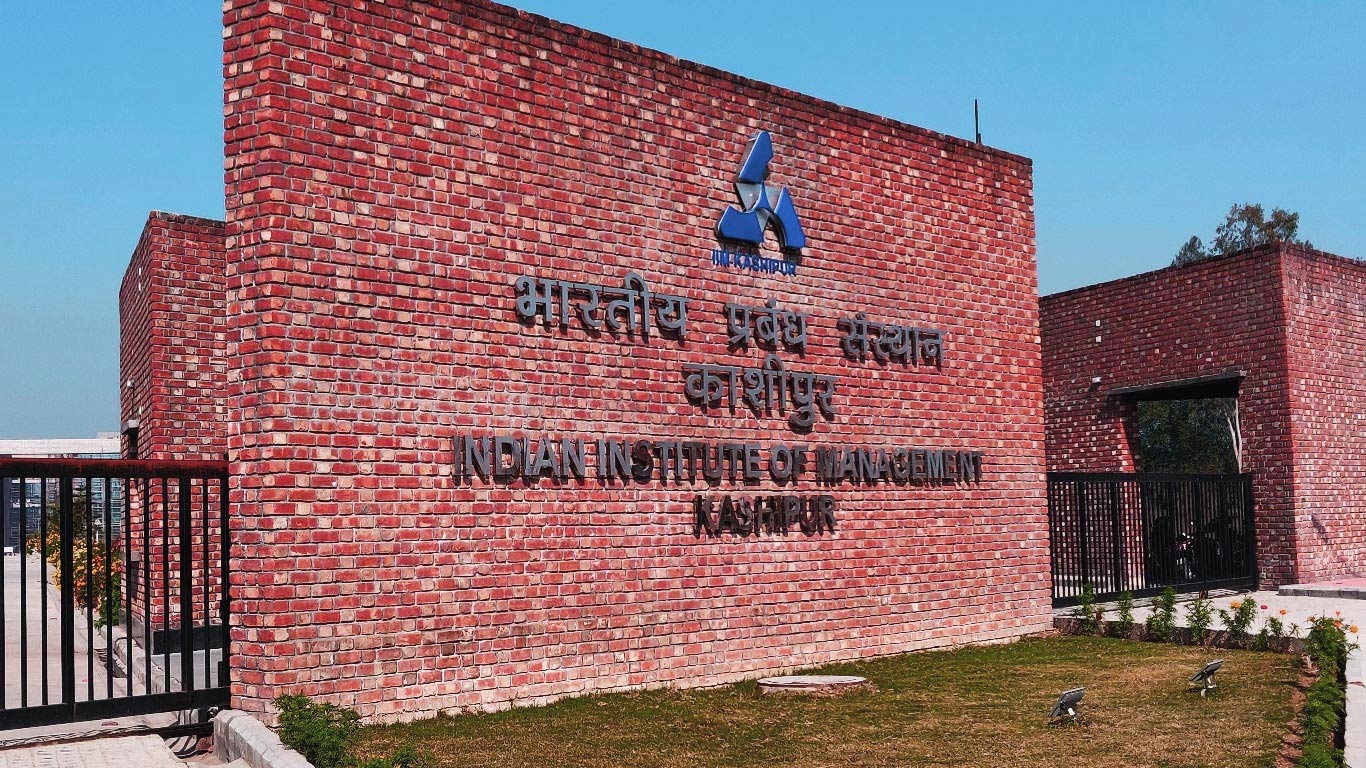





